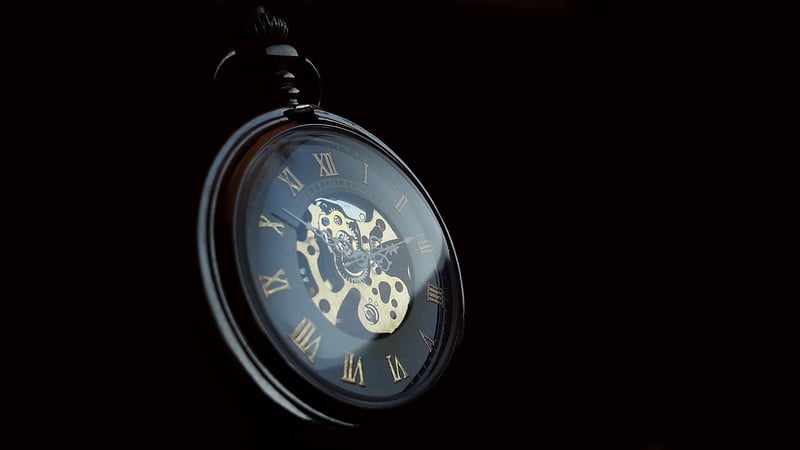Predestination Paradox
Navigating Time Conundrums and the Predestination Paradox
Time travel has long captured the imagination of humans, leading to numerous theories and paradoxes that challenge our understanding of the universe. One such intriguing concept is the Predestination Paradox, a mind-bending scenario that raises questions about causality and free will.
Understanding the Predestination Paradox
The Predestination Paradox, also known as a causal loop, occurs when a time traveler unknowingly influences past events in a way that ensures their own future actions. This creates a loop where the future is the cause of the past, and the past is the cause of the future, making it impossible to determine which event came first.
Examples in Popular Culture
Popular movies like "Looper" and "Predestination" explore the complexities of the Predestination Paradox, showcasing characters who are trapped in a cycle of events they seem unable to change. These narratives challenge viewers to consider the implications of time travel on personal agency and fate.
Navigating Time Conundrums
When faced with time conundrums like the Predestination Paradox, it's essential to consider the various theories of time travel, such as the Novikov self-consistency principle and the multiverse theory. These concepts offer different perspectives on how time loops and paradoxes could be resolved.
Conclusion
While the Predestination Paradox may seem like a complex puzzle with no clear solution, exploring its implications can lead to thought-provoking discussions about destiny, choice, and the nature of time itself. Whether in fiction or theoretical physics, the concept of time travel continues to fascinate and challenge us, prompting us to delve deeper into the mysteries of the universe.

Explore more about time travel and paradoxes to unravel the mysteries of the universe!
For further reading, check out Space.com's article on Time Travel.
